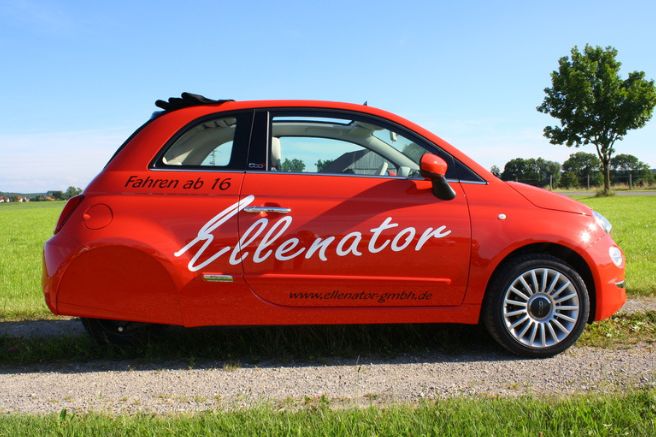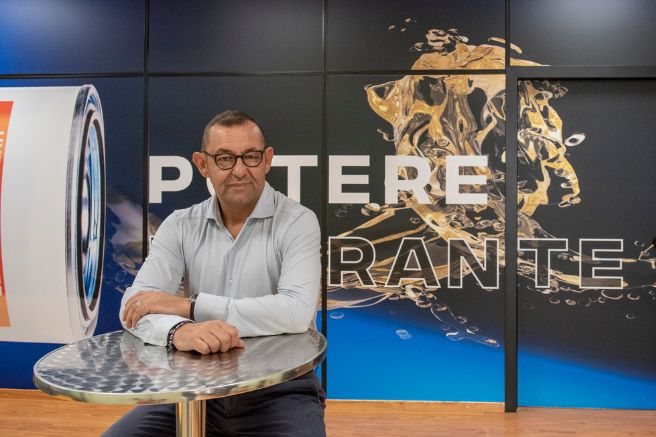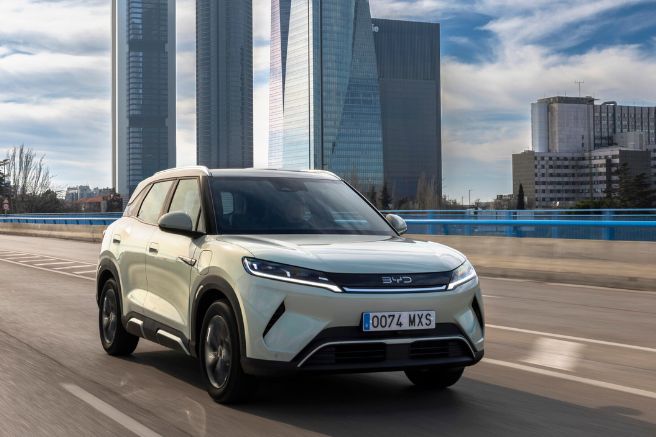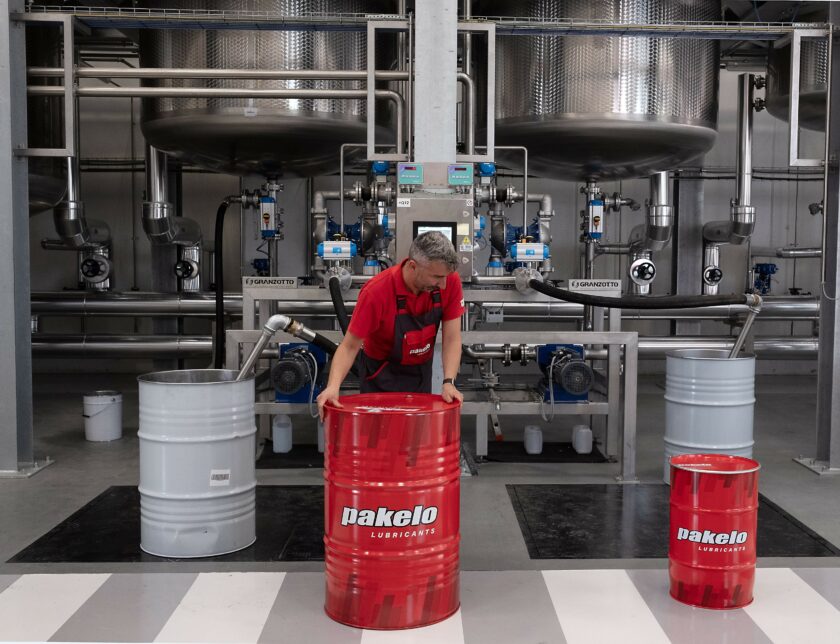
Once, choosing the necessary oil to ensure the functioning of a machine or engine was a relatively straightforward matter. The industry offering was limited, and outside of racing and competitive sports, the performance of the mechanical groups needing protection was modest. However, the technical evolution of machines and engines has slowly changed this reality, leading to a point today where lubrication and grease production is a true science in continuous development, causing fluids to specialize increasingly.
Also customized and specific fluids
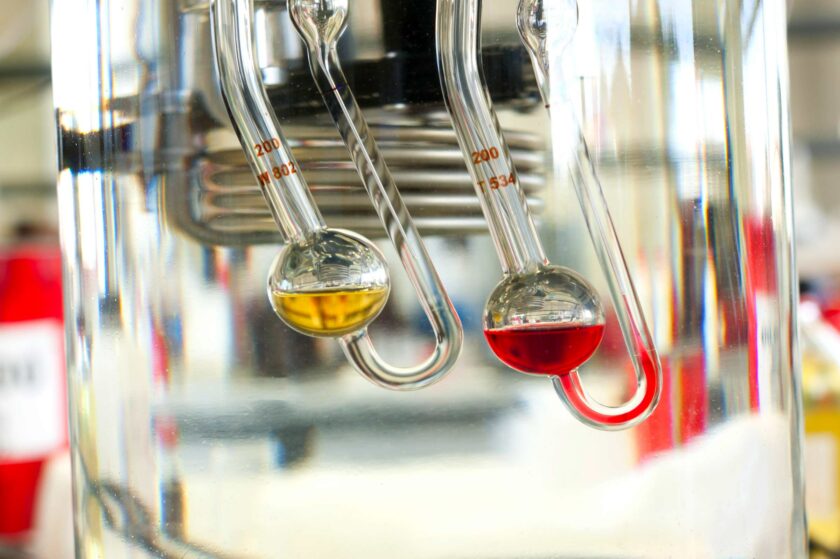
“To succeed today in the lubrication sector,” states Alberto Polacco, Ceo of the Pakelo group, “one must adopt an attitude that can be defined as ‘tailored.’ It is essential to have a comprehensive and as wide a range of products as possible, but it is also necessary to develop fluids designed to meet the diverse and specific needs of various clients. An example in this regard comes from the world of racing, where Pakelo has been operating discreetly for years, supplying its products to some of the most famous teams competing in Formula 1 in Europe, U.S. motorsport championships, and rally racing. Each team faces its own specific challenges, often related to the characteristics of a single race track, which necessitates that our Research Center develops dedicated and continually evolving fluids. Therefore, we exist in a world that cannot be navigated without a strong inclination toward the new, and without an open mind toward innovation.”
However, the brand does not only work in racing. “Fortunately not,” continues Alberto Polacco. “The core business of our production consists of a rich range of products that span from heavy transport of goods and people to earthmoving and agricultural machines, crossing over into the automotive and motorcycle sectors. We are also present in the nautical and industrial sectors, all areas we serve with targeted products.
Each sector has its own needs
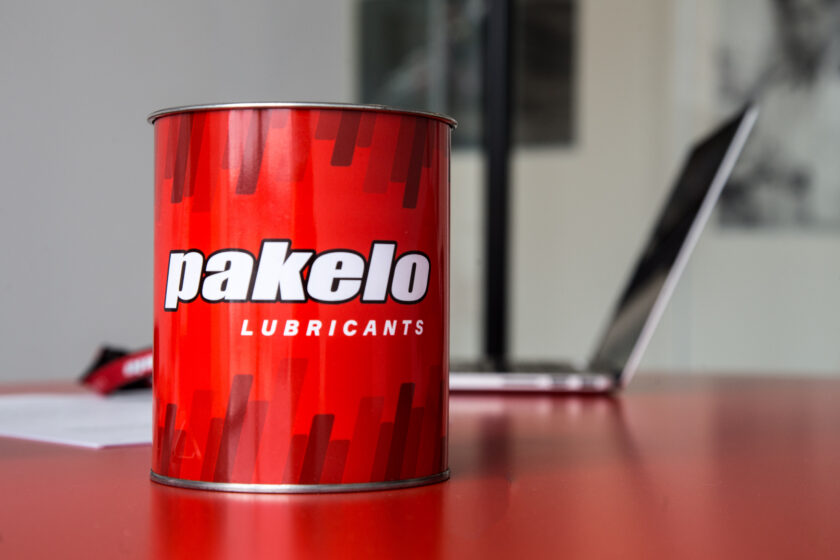
For heavy transport, for example, we have developed lubricants that guarantee high performance and reliability. For earthmoving and agriculture, we offer products designed to withstand the most intense stresses, while cars and motorcycles are protected by lubricants capable of safeguarding engines without affecting performance and fuel consumption. If we were not successfully operating in all these sectors, it would be difficult for us to have developed a company that today generates more than 50 million euros in revenue, producing over 12,000 tons of lubricants annually.” Are all these products distributed in Italy? “Not at all. We are present abroad in over 50 countries, with more than thirty percent of production being sold directly to manufacturers, particularly those marketing products of the highest quality—supercars and hyper-tractors, just to name a couple of examples—who thus require lubricants of equal caliber. Our Research and Development center particularly focuses on them, channeling experiences gained on the racetrack, which are then transferred to current productions. In fact, anyone using Pakelo oil is always using a high-quality product that has passed the most rigorous functional tests before being placed on the market and is produced by a company that is very respectful of the environment.”
In detail? “At Pakelo, we are very focused on sustainability and the environmental impact of our products. For several years, we have obtained the environmental certification ISO 14001, and we have also introduced a line of biodegradable products aimed at applications that are most prone to possible soil dispersion. Agriculture, forestry, and earthmoving are the most representative sectors in this regard. We are also engaged with the new frontier of sustainability, which involves assessing the carbon dioxide emissions associated with industrial activity. In this context, we have recently renovated our production facilities in San Bonifacio, installing a set of photovoltaic panels on their roofs, covering 19,000 square meters, capable of producing 143 kilowatts, which is sufficient to completely cover our energy needs during sunny days.”
An eye for the environment
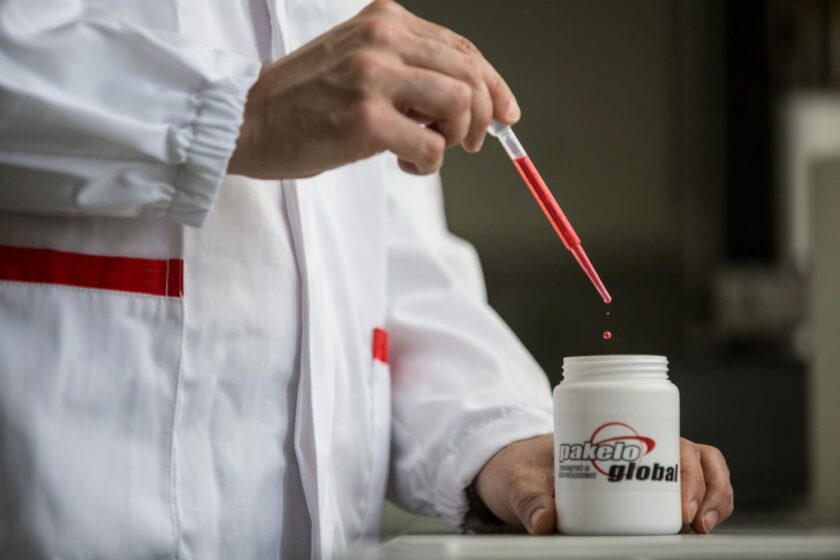
What if the weather is bad? “We use grid energy, which is still produced from renewable sources or has compensated carbon dioxide emissions. I want to emphasize that our commitment to the environment also extends to the product itself through continuous research for formulations that can reduce friction and wear, thereby promoting greater energy efficiency and productivity. The company philosophy is not limited to merely producing and selling the product, but differentiates itself from the competition through a standard of customer assistance that transforms Pakelo into a technological partner, well beyond mere supply. To guarantee this support, we have equipped ourselves with a modern and well-equipped analysis laboratory that not only ensures the constant quality of each production batch but also allows us to perform checks on the oils in use by customers.”
Future goals? “Reducing carbon dioxide emissions will necessitate alternatives to internal combustion engines and traditional fuels. A preliminary working hypothesis in this regard, perhaps because it seemed simple and is politically driven, has led policymakers to focus on electric cars, considering them to be zero-emission if assessed in isolation—that is, without considering the emissions involved in producing the electricity and in manufacturing cars and batteries. However, some strategic factors crucial for commercial success have been underestimated. First, the existing infrastructure challenges for charging remain significant, and then there is the high cost of such vehicles resulting from limited production scales. Hence, there is a gradual emergence of other technologies in the automotive sector, with hybrids being a primary example, as well as non-fossil derived fuels. Each technology and fuel has its pros and cons, leading to the hypothesis that in the future, there will not be one dominant technology, but rather a coexistence of systems.
Each application has its own engine
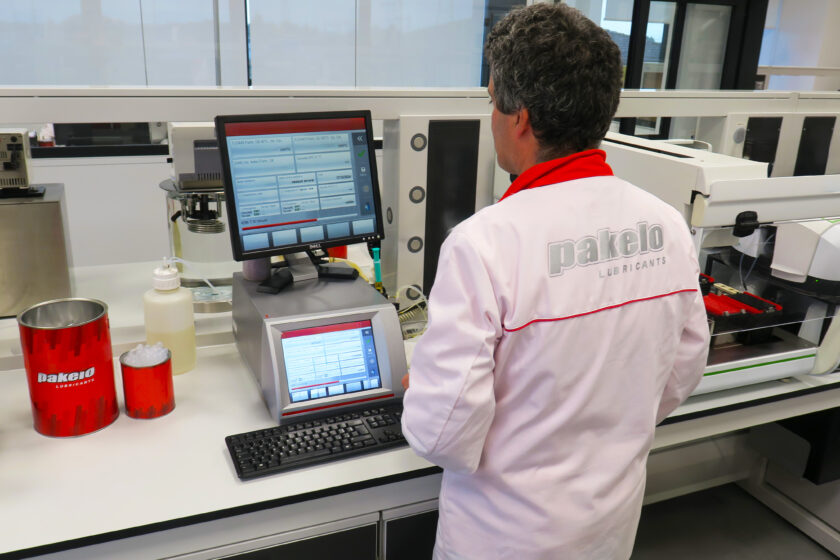
Regarding electrification, it is easy to predict it will prevail in urban vehicles and low-power self-propelled machines, while in heavy-duty traction, it will be limited to applications where high autonomy or performance is not required. Thus, it is likely that in heavy transport, hydrogen, synthetic fuels, or those derived from renewable sources will be preferred, with productions that must also be carried out with low carbon dioxide emissions throughout the entire life cycle of the product, as is appropriate. These fuels will also be indispensable in the commercial aviation sector, where it is currently impossible to use electric propulsion systems except for very short distances and with limited onboard loads. This is all while accepting the idea that various countries will differentiate their automotive choices based on their respective political ideologies, infrastructure, and availability of energy and raw materials. However it turns out, it is certain that Pakelo will closely follow the future needs of propulsion, which is why we already offer products capable of lubricating the transmissions of electric vehicles, as well as fluids designed to ensure thermal regulation of the batteries in hybrid or electric cars, based on formulations suitable for guaranteeing thermal exchange characteristics and electrical insulation properties essential for the proper functioning of electric motors and batteries.
Title: Pakelo, silent protagonist
Translation with ChatGPT

